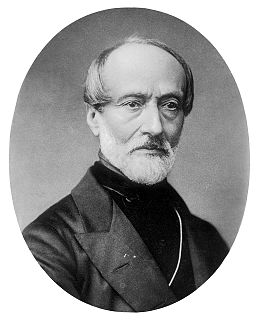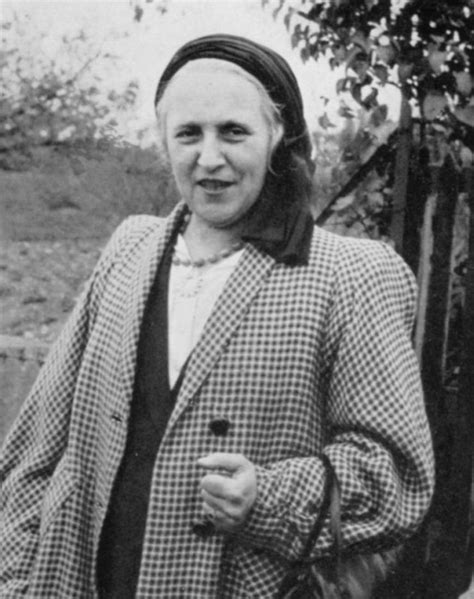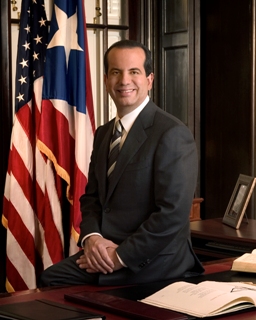A Quote by Jill Stein
Historically, if you look back at the struggle to end slavery, the struggle to gain womens' right to vote, the labor movement - these were big social transitions in which there was a movement on the ground in which a lot of people died, but it also took an independent political party.
Related Quotes
In other words, "speaking truth" as a social movement may move you forward in some ways, but to really lock in and have real enduring change, it takes both a movement on the ground and an independent political party that is itself the defiance of that two-party corporate big-money control of politics.
The great social justice changes in our country have happened when people came together, organized, and took direct action. It is this right that sustains and nurtures our democracy today. The civil rights movement, the labor movement, the women's movement, and the equality movement for our LGBT brothers and sisters are all manifestations of these rights.
Life is not given to us that we might live idly without work. No, our life is a struggle and a journey. Goof should struggle with evil; truth should struggle with falsehood; freedom should struggle with slavery; love should struggle with hatred. Life is movement, a walk along the way of life to the fulfillment of those ideas which illuminate us, both in our intellect and in our hearts, with divine light.
In less than a century we experienced great movement. The youth movement! The labor movement! The civil rights movement! The peace movement! The solidarity movement! The women's movement! The disability movement! The disarmament movement! The gay rights movement! The environmental movement! Movement! Transformation! Is there any reason to believe we are done?
So as a nation, we have a right to be very proud of the successes that we have seen because of the struggle of millions of people to create a less discriminatory society. That is something we should be proud of, but there is one struggle in which not only have we not succeeded but in which we are losing ground and that is the fundamental struggle for economic justice.
I'm coming to a sense of a women's movement which was extraordinarily important in the struggle for freedom in Ireland and immediately afterwards, but then some of those women who were involved in the movement got involved in representative positions and perhaps some of them got a bit distanced from the grassroots issues. But also the women's movement itself seemed to say, "No, we've got our own government, our own parties in power" and they sat back.
I think what it was about was the people's right to vote and have those votes counted. And if you think back through our history, an awful lot of what we've fought over, struggled for, is the right of people to vote. That's what the civil-rights movement was, at its bottom, about. At the fundamental level, democracy means a government in which the people vote.
It is my feeling that as we grow older we should become not less radical but more so. I do not, of course, mean this in any political-party sense, but rather in a willingness to struggle for those things in which we passionately believe. Social activism and the struggle for social justice are often thought of as the natural activities of the young but not of the middle-aged or the elderly. In fact, I don't think this was ever true.
On the one hand, we have the mass; on the other, its historic goal, located outside of existing society. On one hand, we have the day-to-day struggle; on the other, the social revolution. It follows that this movement can best advance by tacking betwixt and between the two dangers by which it is constantly being threatened. One is the loss of its mass character; the other, the abandonment of its goal. One is the danger of sinking back to the condition of a sect; the other, the danger of becoming a movement of bourgeois social reform.
Anarchism asserts the possibility of an organization without discipline, fear, or punishment, and without the pressure of poverty: a new social organism which will make an end to the terrible struggle for the means of existence, --the savage struggle which undermines the finest qualities in man, and ever widens the social abyss. In short, Anarchism strives towards a social organization which will establish well-being for all.
Even when we were under the Spanish flag, we had a movement that just wanted assimilation into Spain, a movement of autonomy - which has been the majority always - and a movement for separation. In that sense, Puerto Rico's political reality is very different from any place I know in the whole world.
































